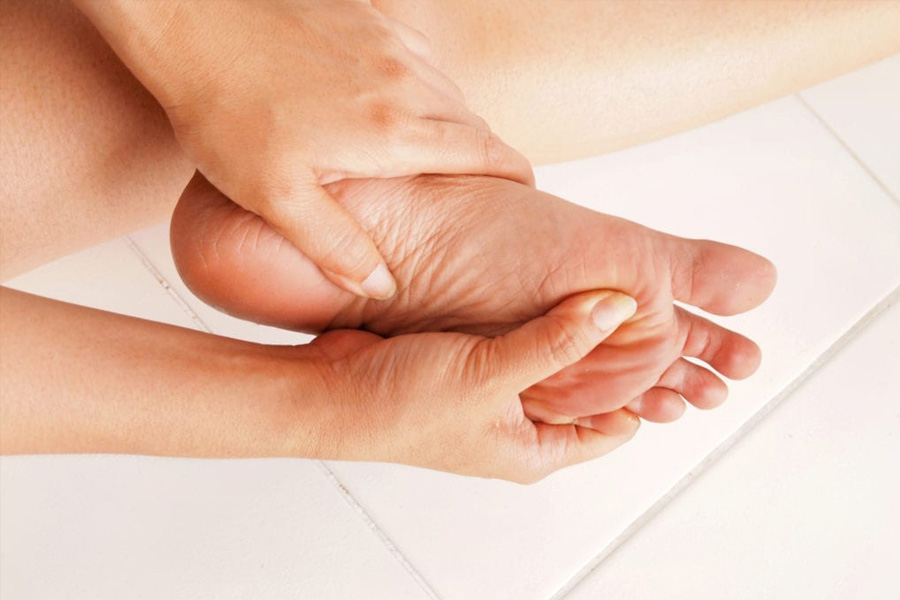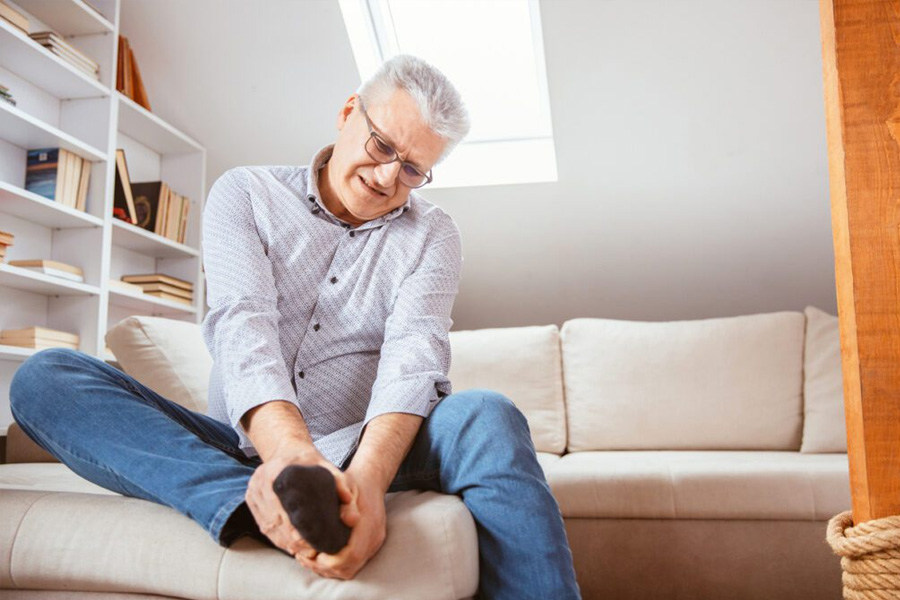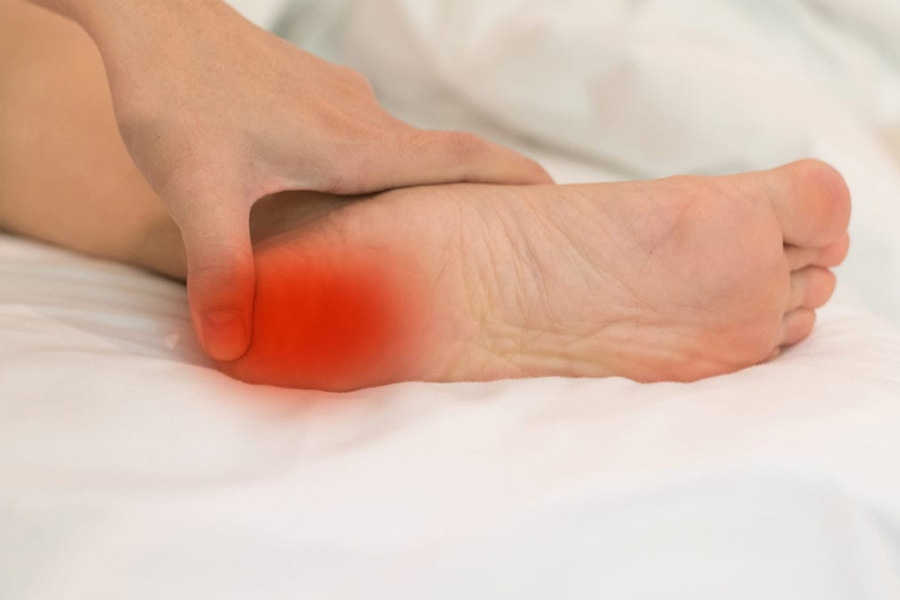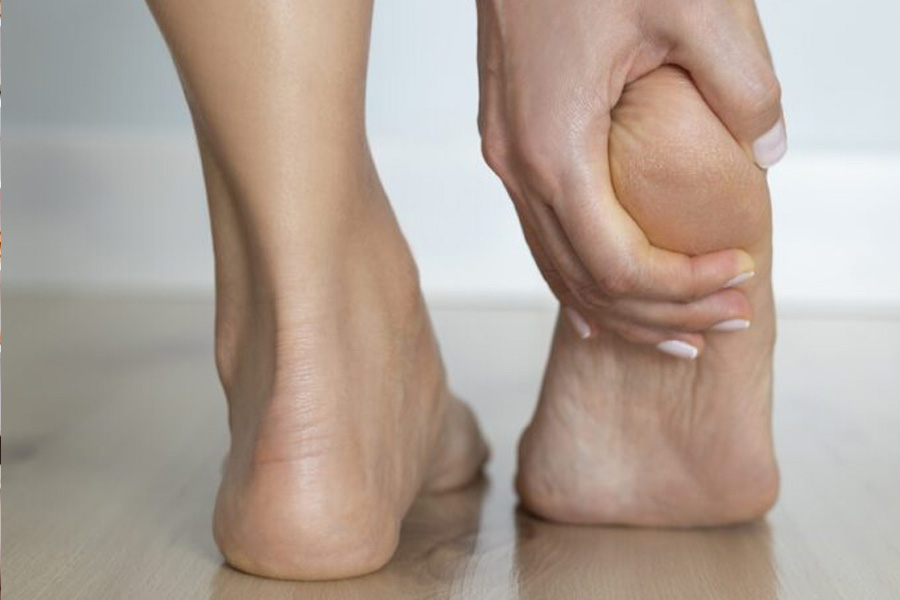When you put on your sneakers and go on your daily jog or run, you can’t help but feel good about yourself. However, high-impact exercise can result in heel pain.
Pain in one or both heels after exercise is often a sign of plantar fasciitis, which is inflammation of the strong band of tissue that extends from your heel to your toes. The inflammation usually occurs when this tissue becomes overstretched or develops tiny tears, and the injury tends to cause radiating pain in the heel.
The pain is often described as a dull, stabbing pain in the heel. Let’s talk about why heel pain can develop after exercising, and where you can go in the Cincinnati area for an expert evaluation and effective treatment of your foot pain.
Possible Causes of Heel Pain After Exercise
If one or more of the following describes you, then you have a greater-than-normal chance of developing heel pain when you engage in exercise:
- If you are overweight, you are at an increased risk of developing plantar fasciitis. This is because the downward force placed upon the plantar fascia – every time you take a step – is greater due to the excess weight.
- If you have either high arches or flat feet (low or no arches), then these are structural issues that can cause pain by creating an improper distribution of weight upon the heel and ball of the foot. With high arches, the force of the downward pressure of your body’s weight is absorbed by the top of the arch. With flat feet, there may be no natural shock absorption at all in your feet. Both of these issues can strain the plantar fascia, leading to heel pain.
- If you have tight Achilles tendons, which attach the calf muscle to the heel, it can affect ankle stability. The imbalance could result in excess strain on the plantar fascia.
- If you are wearing the wrong shoes when running or walking, then your plantar fascia are not receiving proper support. Your arches need support and cushioning, especially when you engage in a high-impact exercise like jogging.
- If you regularly jog or run, avoid exercising on concrete. It is better to run on asphalt or on natural ground, which will both absorb the impact of your body weight.
Foot and Ankle Doctor in Cincinnati, OH
If left untreated, plantar fasciitis can lead to chronic heel pain and the development of bone spurs. A skilled foot and ankle doctor can treat your plantar fasciitis and alleviate any future foot pain. Our highly trained podiatrists here at Cincinnati Foot & Ankle Care can treat your heel pain and help prevent future episodes of plantar fasciitis.
If you have any questions or would like to schedule a consultation with an experienced foot and ankle doctor, contact our caring staff today by calling us at our location near you or by filling out our online appointment request form now. We look forward to helping you enjoy a more pain-free lifestyle once again!





